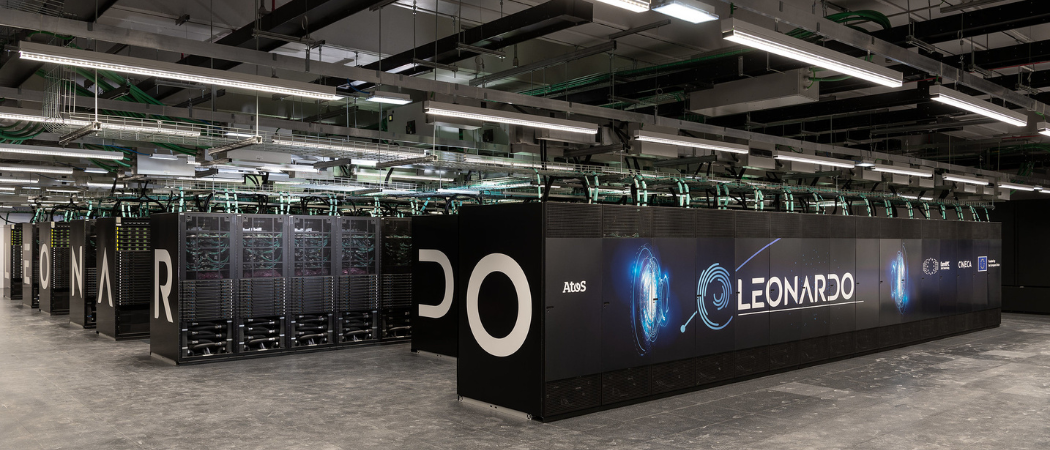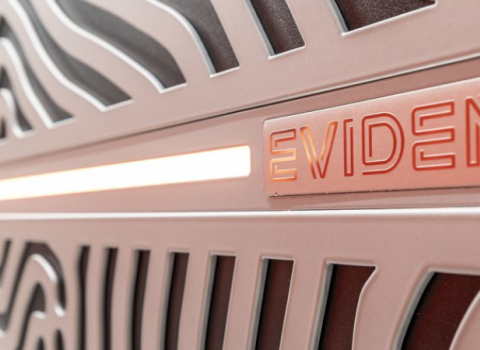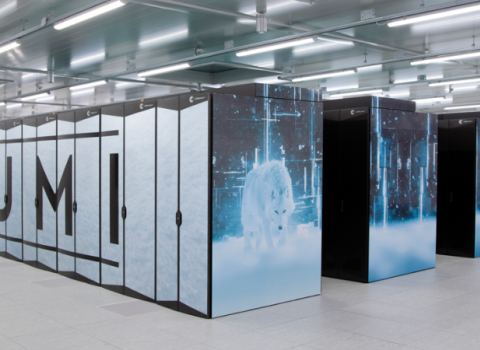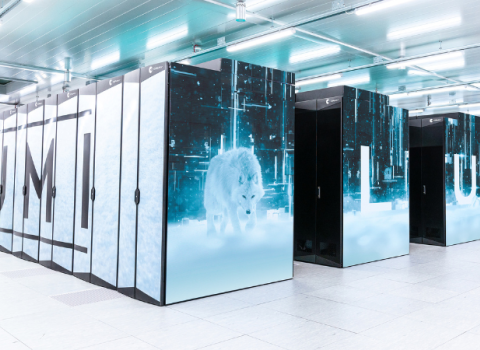EU auditors approve the accounts of the research partnerships, but say some targets for private contributions may have to be lowered

Leonardo, the European supercomputer in Italy. Photo credits: Cineca
While the finances of the EU’s joint undertakings (JUs) are in good shape, contributions from the private sector are in some cases falling short, according to the annual report on the research partnerships by the European Court of Auditors (ECA).
Most notably, the European High Performance Computing (EuroHPC) JU, is a long way short of the target, with private partnership members making in-kind contributions of only €18.4 million, compared to a promised €420 million.
That commitment was for Horizon 2020 projects that ran until 2023. EuroHPC has an even higher target for private contributions - of €900 million - for the 2021 - 2027 Horizon Europe programme. Private sector members look unlikely to deliver, the auditors say. “This threatens the achievement of the JU’s overall programme objectives,” they warn.
The auditors suggest the private members’ target under Horizon Europe should be revised.
Private sector contributions to Horizon 2020 projects that were part of the Circular Bio-based Europe JU also fell short of the commitments made.
CBE JU executive director Nicoló Giacomuzzi-Moore noted that this observation did not impact the ECA’s opinion regarding the regularity of the JU’s finances. Industry contributions currently stand at 85% of their target, and certifications for 2024 are still to be received. The total contributions are expected to meet the targets when they are calculated early next year, he said.
In terms of the overall finances, the auditors struck a more positive note. “We have approved the accounts of the EU’s joint undertakings for another year, confirming a positive trend,” said Ildikó Gáll-Pelcz, ECA member responsible for the audit. “As joint undertakings contribute to Europe's competitiveness, further efforts will enhance their value for money.”
Joint undertakings are partnerships between the European Commission, industry and research, and in some cases intergovernmental organisations and participating states. They are financed by EU programmes including Horizon Europe and Digital Europe, while private members contribute in cash or in kind, including through the use of data, laboratories, and researchers’ time.
“Private members of the joint undertakings are highly committed to provide contributions and to match the EU contribution,” a Commission spokesperson said. “However, some joint undertakings did not reach the expected level by the end of 2023. The Commission is actively following up on the actions taken by joint undertakings in order to fix the issue of lower than targeted contributions.”
No cause for concern
Some of the partnerships rely on in-kind contributions to additional activities, such as studies and investments in labs, which fall outside the JU’s work programme, to meet their private member targets.
In the case of the Single European Sky Air Traffic Management Research JU, while private members contributed to Horizon 2020 projects at the expected rate, the European Organisation for the Safety of Air Navigation (Eurocontrol), its international organisation member, only committed 70% of its target.
The report shows that by the end of 2023, the third year in the seven-year EU budget period, the JUs had only attained around 16% of their non-EU member contribution targets for the new R&I instruments.
However, there is no cause for concern at this stage, since there were delays to the regulation establishing the partnerships in Horizon Europe, the auditors told Science|Business.
The auditors also revealed shortcomings in the financial planning of the Clean Aviation, Chips, and EuroHPC partnerships, which all requested additional EU contributions in 2023 that were far higher than necessary.
“Consequently, the JUs accumulated surpluses amounting to around €1.5 billion that was therefore not available to the EU for financing other EU activities in 2023,” the report says.
Fusion partnership
For several years, auditors have been sounding the alarm about rising costs for Fusion for Energy (F4E), the JU responsible for Europe’s contribution to the International Thermonuclear Experimental Reactor (ITER) project, and they reiterate their concerns in the latest report.
F4E is mostly financed by Euratom, with the remainder covered by France, which hosts the ITER project. It has estimated its total costs for completing the project at €21.2 billion, including costs for the construction and operational phase until 2035, and the decommissioning and deactivation phase until 2042.
However, this is based on milestones and cost assumptions that were last revised in 2016. ITER is currently in the process of updating this baseline to take account of technical changes, significant delays, and the impact of inflation. As a result, the estimated costs at completion “may be substantially underestimated”, the auditors warn.
F4E’s accounts note a “significant and protracted inflationary impact on its operations due to supply chain issues triggered by COVID-19 and the war of aggression against Ukraine,” according to the ECA report. The total impact is estimated at €258 million, using 2008 values.
In 2023, F4E implemented just 70% of its operational commitments, as a result of the work to update the baseline costing, repairs to ITER project components, and the decision to temporarily stop assembly activities. This meant in 2023 the JU transferred back €263.9 million of the initially planned Euratom contribution, and €30 million of French funding.
Editor’s note: This article was updated 26 November 2024 to include response from the Circular Bio-based Europe joint undertaking.





 A unique international forum for public research organisations and companies to connect their external engagement with strategic interests around their R&D system.
A unique international forum for public research organisations and companies to connect their external engagement with strategic interests around their R&D system.